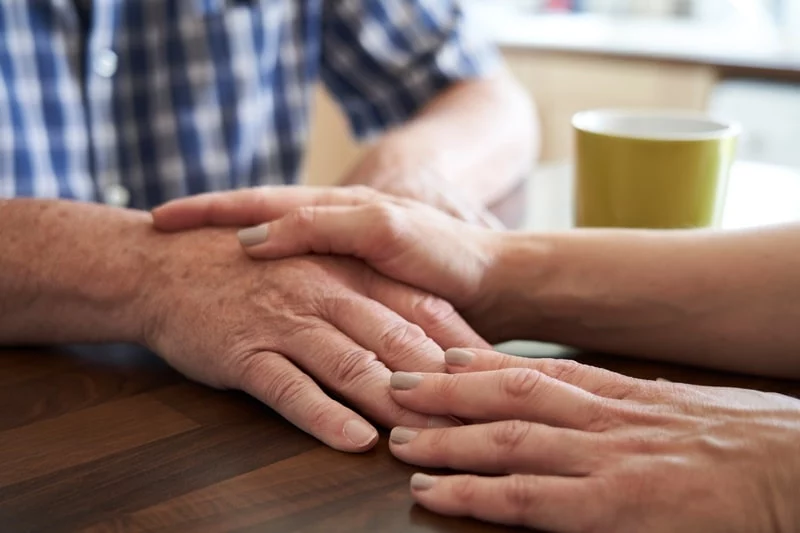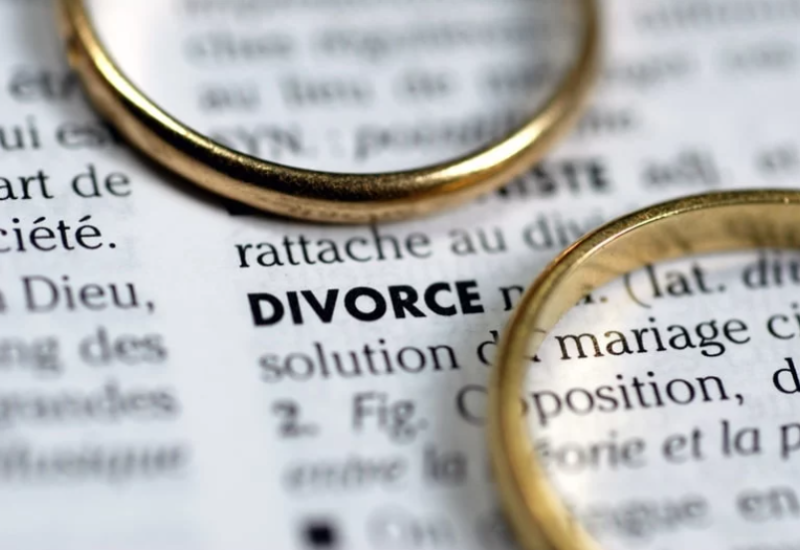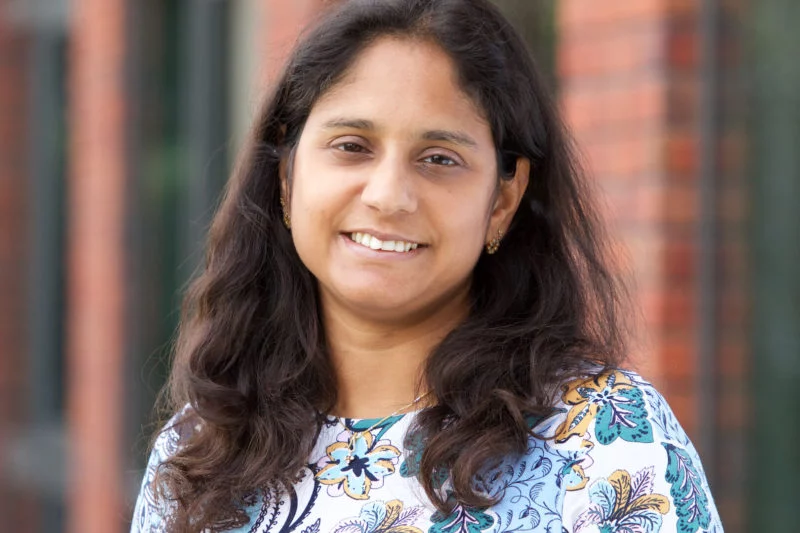Old legislation for new statistics: should bereavement damages be brought in line with modern society?

Emily Green, Solicitor in the Personal Injury team at Trethowans considers the recent data published by the ONS and what this means for families of deceased loved ones who die as a result of negligence.
According to the latest report from the Office for National Statistics (ONS), in England and Wales, 51.3% of live births were outside of marriage or civil partnership. Since 1845, this is the first time that more live births were recorded outside of marriage or civil partnership compared to live births within marriage or civil partnership.
This data is significant as even though many children are born outside of wedlock or civil partnership, the law only allows fathers who are married or in a civil partnership to benefit from bereavement damages when their child dies.
The Fatal Accidents Act 1976 sets out the class of persons entitled to bereavement damages. Where the deceased was a minor (who themselves was never married or in a civil partnership), a claim for damages for bereavement shall only be for the benefit of the deceased’s parents, if they were married or in a civil partnership. The position for children born outside of wedlock/ civil partnership is not the same. In this case, the deceased’s mother is only entitled to damages.
As noted by the Association of Personal Injury Lawyers (APIL) president, John McQuater, “this means that most new fathers will be denied bereavement damages if their child is killed by someone’s negligence, for example in a car crash”.
Even though times have changed, the law remains unchanged. The law has gone someway in being more inclusive and for cases where the cause of action arises on or after 6 October 2020, bereavement damages have been made available for the cohabiting partner of the deceased, as long as the couple had cohabited for at least two years before the date of death. However, it seems in order for a father to receive bereavement damages, he must be married or in a civil partnership to the mother of his child. John McQuater further adds that “it’s archaic and discriminatory and should not be happening in 2022”.
The Government have also previously suggested that they have no plans for reform, as detailed in an article my colleague, James Braund found here.
The law sets out further restrictions on those that can benefit from bereavement damages. As well as illegitimate fathers not being entitled to an award, neither are parents of a child over eighteen, cohabitees of less than two years or children who lose a parent.
Calls for reform are being sounded by various different organisations, including APIL. John McQuater added that “It has been 40 years since the law was passed and it shows in how out of touch it is with society. It is high time for reform”. Read the full article here.
For further information please call us on 0800 2800 421 or get in touch here.















